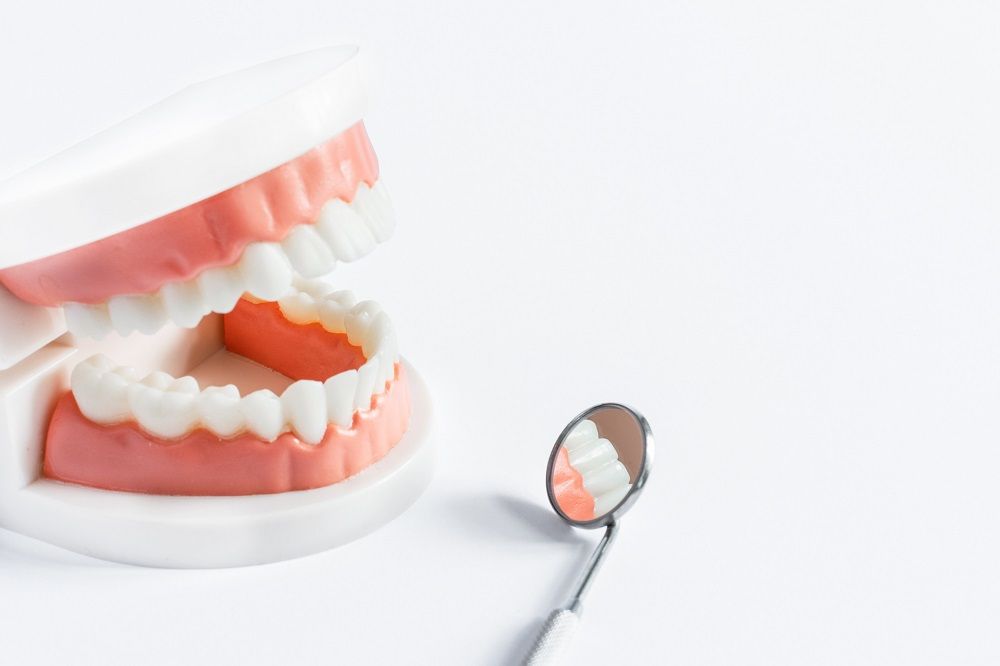Bad breath, also known as halitosis, can be an embarrassing and uncomfortable issue for both children and adults. While it’s often caused by poor oral hygiene habits, sometimes even diligent brushing and flossing aren’t enough to banish stubborn odors. This is where regular dental cleanings can make a significant difference.
Removing Plaque and Tartar Buildup
One of the most common causes of bad breath is the buildup of plaque and tartar on the teeth. These substances are a breeding ground for bacteria, which can release foul-smelling gases and break down food particles in the mouth.
During a dental cleaning, a hygienist uses specialized tools to carefully remove plaque and tartar from the teeth and along the gum line. Eliminating these bacteria-rich deposits directly addresses the source of bad breath.
Clearing Away Food Debris
Another common culprit behind bad breath is leftover food particles trapped between teeth or along the gum line. Even with regular brushing and flossing, it can be challenging to clean some areas of the mouth thoroughly.
In a cleaning, we target these hard-to-reach areas. The hygienist uses tools to clean between teeth and along the gum line, ensuring that any lingering food particles are removed. This reduces the potential for bacteria to feast on these particles and produces unpleasant odors.
Addressing Gum Disease
Gum disease, also known as periodontal disease, is a common condition that causes inflammation and infection of the gums. In its early stages, gum disease can cause persistent bad breath.
We carefully examine the gums for signs of disease. If gum disease is detected, the cleaning process can help remove the bacteria and plaque contributing to the issue. Treating gum disease improves oral health and helps eliminate the associated bad breath.
Promoting a Healthier Mouth Environment
A clean mouth is a healthier mouth, and regular dental cleanings create an environment less hospitable to odor-causing bacteria. Removing plaque, tartar, and food debris helps balance the oral microbiome.
An imbalanced oral microbiome, with an overgrowth of certain bacteria, can lead to bad breath. Dental cleanings help reset this balance, promoting a healthier mix of bacteria in the mouth and reducing the likelihood of odors.
Identifying Underlying Dental Issues
Sometimes, bad breath can be a symptom of underlying dental issues such as tooth decay, infected teeth, or dry mouth. The dentist or hygienist can identify these issues and recommend appropriate treatment.
For example, a decayed tooth or an infection can release unpleasant odors. By addressing these problems early, we eliminate the source of bad breath.
Providing Tips for Better Oral Hygiene
In addition to the cleaning itself, dental professionals offer valuable advice on maintaining good oral hygiene. They can recommend the best products for combating bad breath, such as mouthwashes or tongue scrapers.
Furthermore, they guide proper brushing and flossing techniques to ensure that patients are effectively cleaning their mouths at home. These tips and regular dental cleanings can significantly improve bad breath.
Boosting Confidence and Comfort
Finally, fresher breath leads to increased confidence and comfort in social situations. When you know that your breath is fresh and clean, you can speak and interact with others without worry.
Regular dental cleanings improve oral health and enhance overall well-being by boosting self-esteem. Feeling confident about your breath can make a big difference in how you present yourself to the world.

